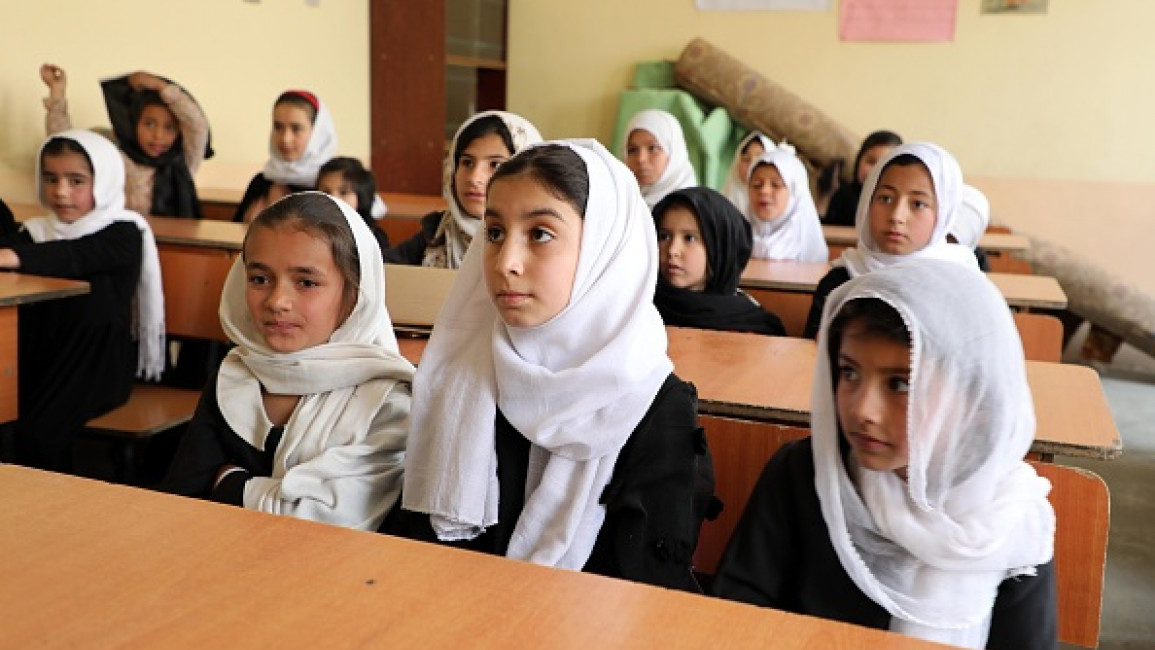
Afghans are also victims of the Ukraine war
Living in Afghanistan, I feel lifted seeing the response to the suffering in Ukraine. The over $1.5 billion pledged is the fastest that money has ever been raised in response to a conflict. It is right for world leaders to go to such historic efforts to support those impacted by the crisis in Ukraine. I hope that this generosity and political will to help innocent people can also be extended to others who will be indirectly impacted.
The conflict in Ukraine will not just create victims there, but around the world.
With so much of the world’s food coming from the region, it is the poorest – thousands of miles away – in places like Syria, Yemen and here in Afghanistan who will further suffer. As Russia and Ukraine export almost one-third of the global wheat supplies, food costs are rising across the world. The consequences of this are set to push over 40 million people into extreme poverty.
In Afghanistan, for example, where 95% of people are already struggling to afford food, the impacts will be catastrophic.
''Without a similar political will to that shown to the people in Ukraine, it is unlikely that anything will change in Afghanistan. The lives of Afghan children matter just as much as any other, even if they are absent from news headlines.''
The Ukraine may be the biggest humanitarian crisis in terms of the coverage that it has received, but Afghanistan is the world’s biggest humanitarian crisis in terms of those at risk of starvation. 55% of Afghans, a staggering 22.8 million people, are in crisis levels of food insecurity, over 24 million Afghans are in vital need of some form of humanitarian assistance and more than 2 million children are suffering malnutrition.
I write this, unable to sleep following a recent trip to an IDP camp in Herat during which I met a little girl who really marked me. She is 12-years-old but looked more like a child of 5-years due to her growth being stunted from extreme malnutrition.
I cannot stop thinking about her eyes especially as she asked: “can you do something? I want to be a normal child.”
It made me wonder, what if the world looked at Afghanistan through those eyes of that 12-year-old girl? What if the world looked at Afghanistan through the eyes of any of the 2 million malnourished children who seek a normal life, free of suffering?
More importantly, would their priorities change?
The humanitarian response plan to the growing needs in Afghanistan is so far only 13% funded. On 31 March, global leaders will have the chance to address this crisis at a UN pledging conference on funding the humanitarian needs in Afghanistan. This will be co-hosted by the UK, Germany and Qatar.
Working on the frontline of the humanitarian crisis here in Afghanistan, we at World Vision are also calling for an ease on restrictions that are currently crippling the capacity of the Afghanistan financial and banking sectors – further adding to the suffering of the people.
World leaders also need to reinforce compliance to human rights and humanitarian law in order to ensure the rights and well-being of women, girls and minorities are protected in Afghanistan. In order to ensure longer-term development, we must work to facilitate the restoration of key institutions linked to social needs, like education and health. This is one of the key ways out of extreme levels of impoverishment.
Without a similar political will to that shown to the people in Ukraine, it is unlikely that anything will change in Afghanistan. The lives of Afghan children matter just as much as any other, even if they are absent from news headlines.
The eyes of the children on the brink of starvation in Afghanistan constantly haunt me. They should haunt us all, especially world leaders. I urge them to make the choice to alleviate their continued suffering.
Asuntha Charles is the National Director for World Vision in Afghanistan. Her work in Afghanistan began in 2009 and has also worked in Sri Lanka, Iraq, Pakistan, Sudan, Nepal, Bangladesh and other contexts.
Follow Asuntha’s work on Twitter: @WorldVision
Have questions or comments? Email us at: editorial-english@alaraby.co.uk
Opinions expressed here are the author's own, and do not necessarily reflect those of their employer, or of The New Arab and its editorial board or staff.


